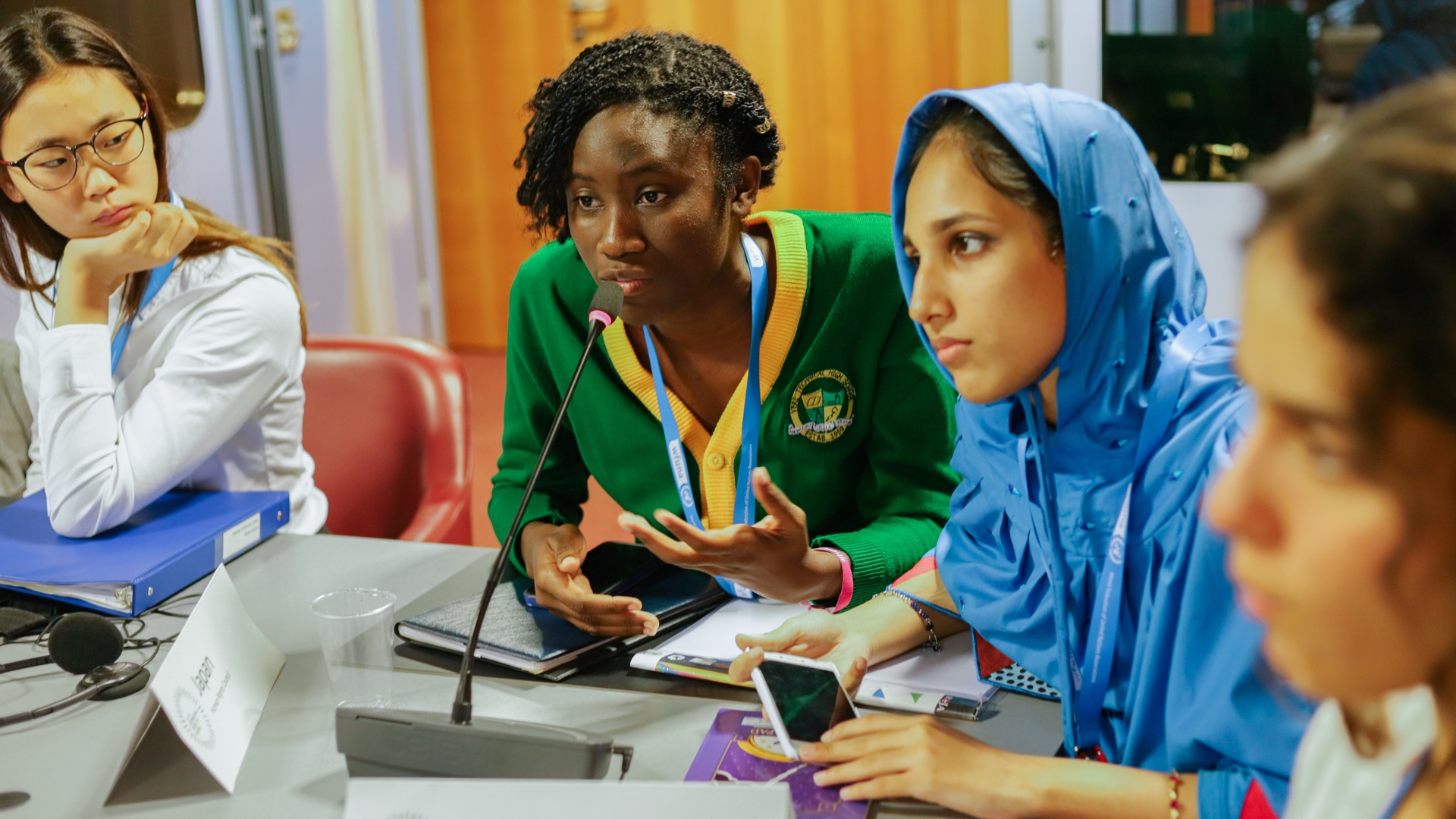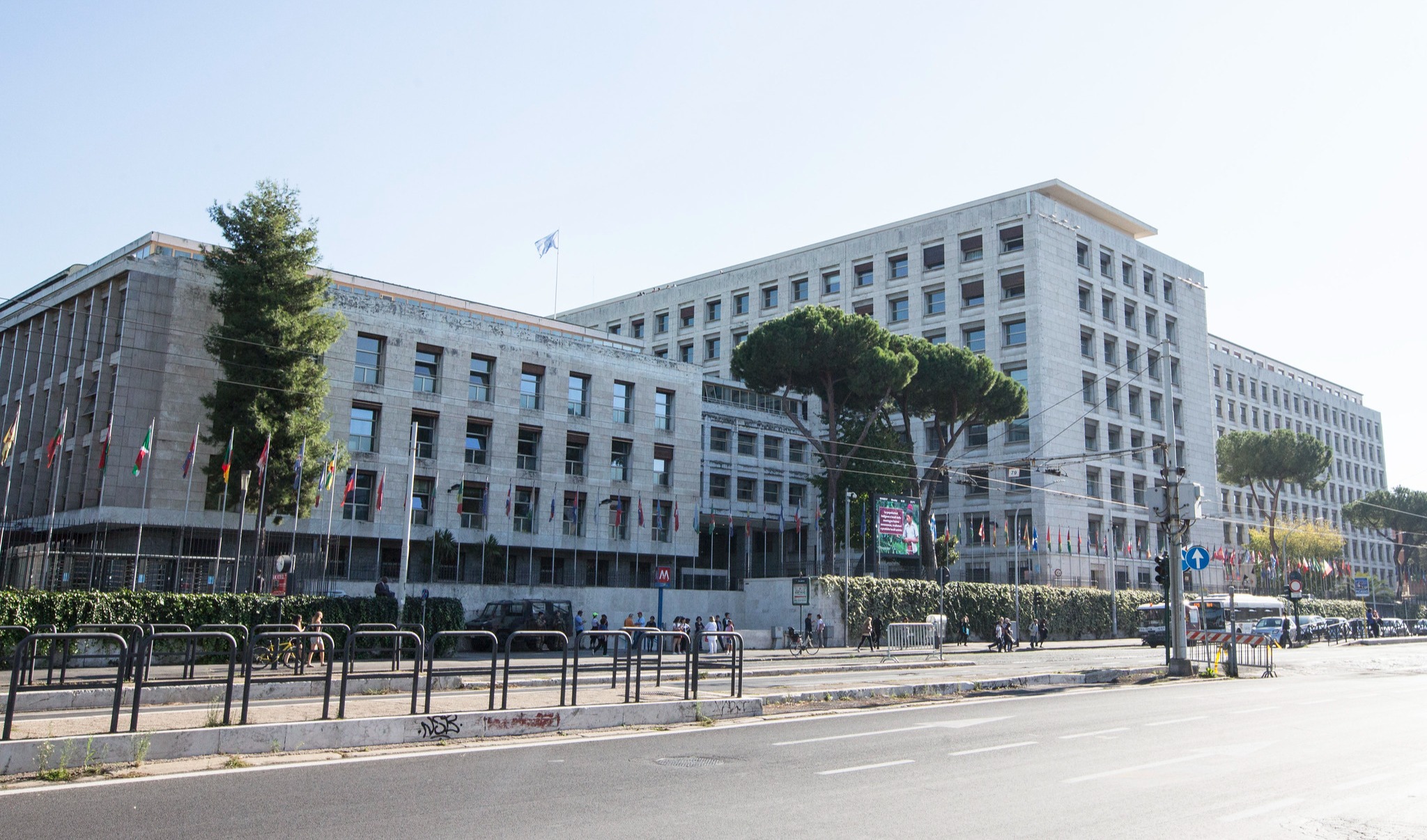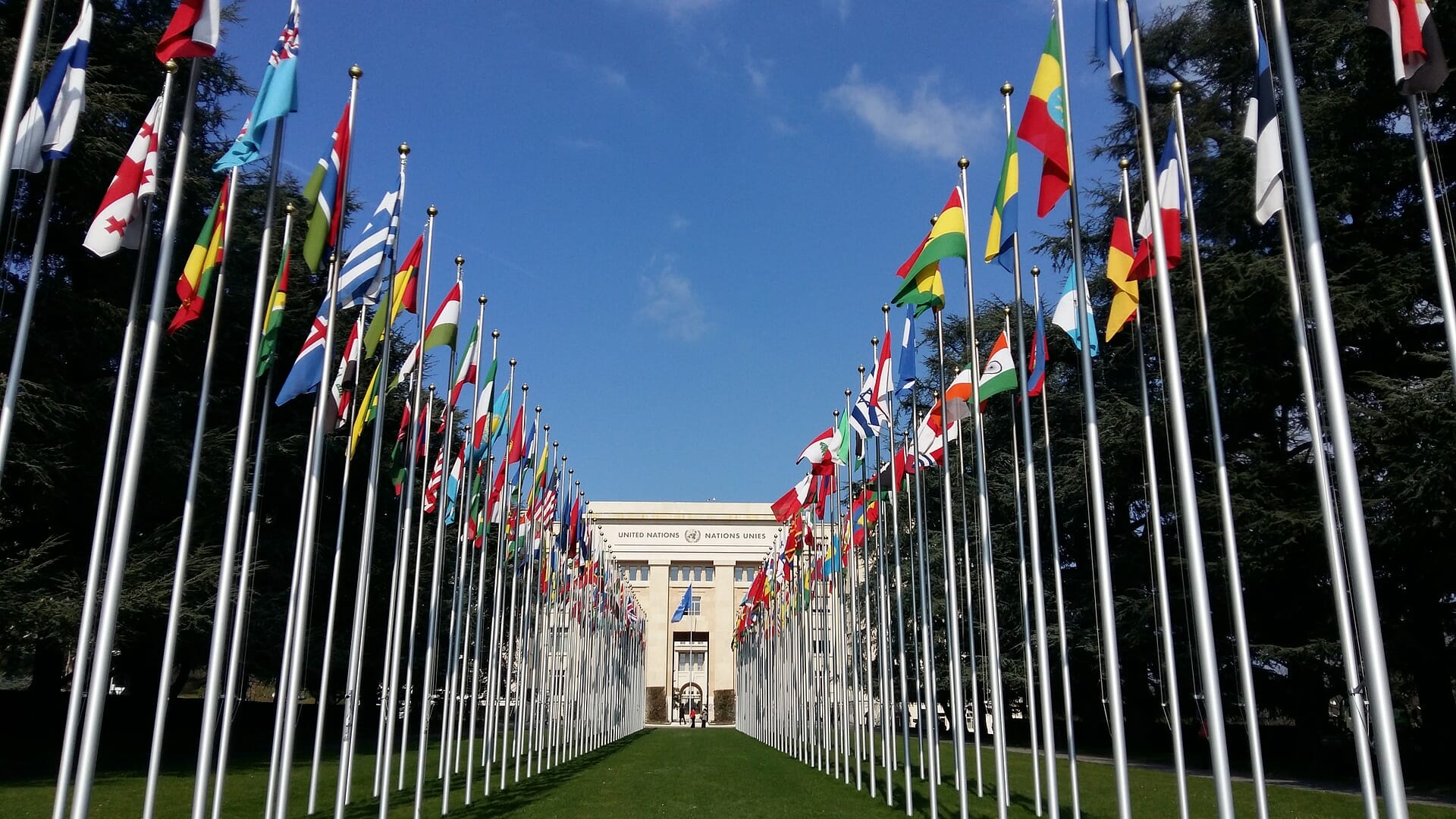
About the Program
Global Model UN (formerly WIMUN) is the world’s most accurate simulation of the United Nations, organized by the World Federation of United Nations Associations (WFUNA). WFUNA is a global nonprofit organization established in 1946, with Consultative Status at the UN Economic and Social Council (ECOSOC).
Our award-winning conferences take place annually in New York, Geneva, and Singapore, bringing together students from across six continents. By participating in GMUN, students not only have the opportunity to learn how the UN truly functions but also to interact with UN staff and other experts, while honing their skills in negotiation, teamwork, and consensus-building. Join us at GMUN to develop the skills you need to be an agent of change in the world.
- Best Medium Conference: Online 2020
- Best Large Conference: Geneva 2019
- Best Large Conference: New York 2017, 2019
Our Conferences
Testimonials

Global Model Partners
The success of Global Model is powered by the dedication and collaboration of our diverse community of partners, delegates, advisors, and sponsors. Join us in cultivating a space where young leaders grow, collaborate, and drive positive global change. Partner with us today to make a lasting impact!
Learn More
Join our mailing list!
Sign up form for WIMUN pages
Or stay up to date with the latest Global Model news by following us on social media!








